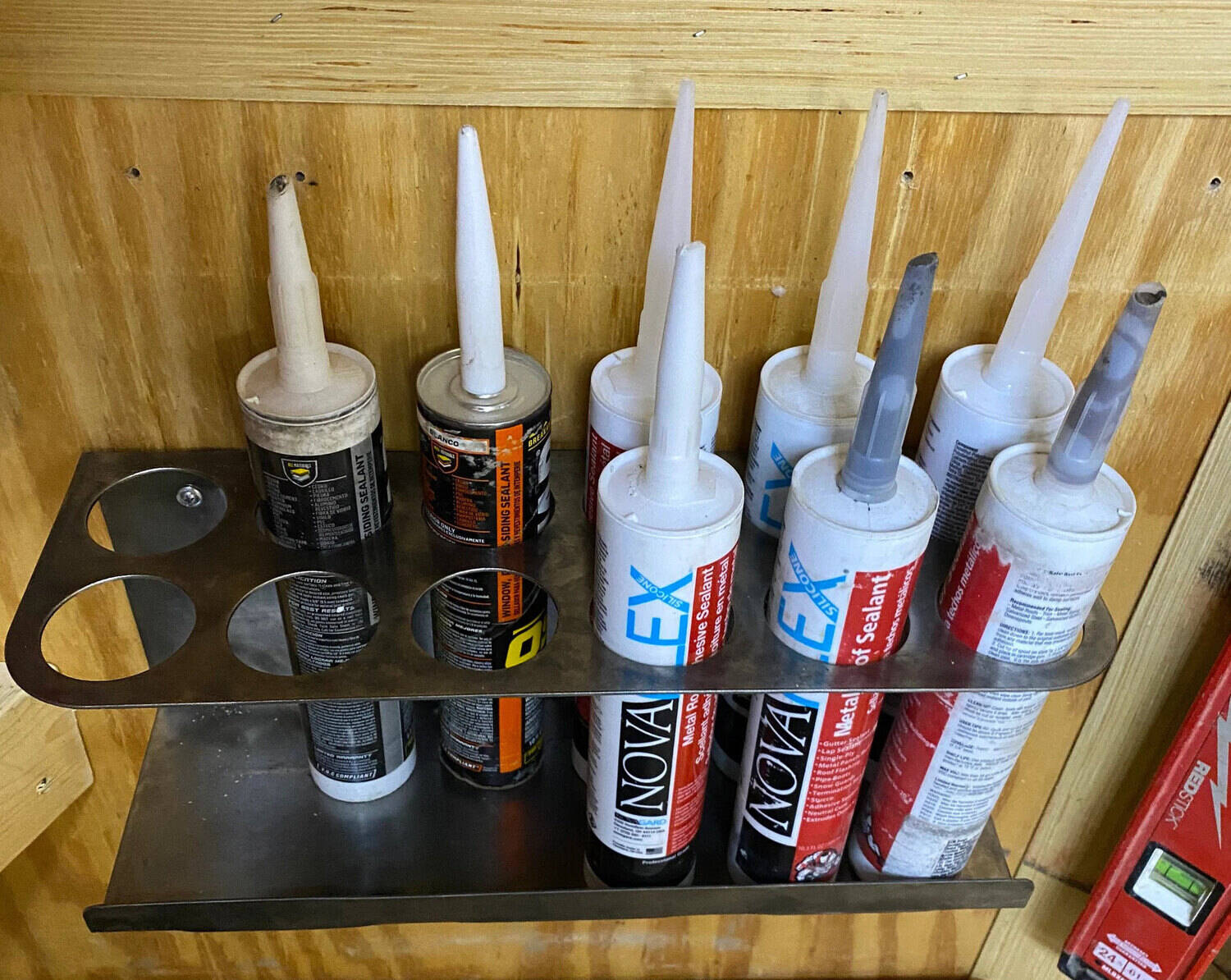

Articles
How To Store Caulking Tube
Modified: May 6, 2024
Learn the best techniques for storing caulking tubes in this informative articles. Keep your caulk fresh and ready for your next project.
(Many of the links in this article redirect to a specific reviewed product. Your purchase of these products through affiliate links helps to generate commission for Storables.com, at no extra cost. Learn more)
Introduction
Properly storing caulk tubes is essential for maintaining the quality and effectiveness of the product. Whether you’re a DIY enthusiast or a professional contractor, having a well-organized storage system ensures that your caulk tubes are readily available when you need them and remain in optimal condition for future use.
Caulk tubes contain a variety of sealants, adhesives, or fillers that are commonly used in construction, plumbing, and home improvement projects. These products are typically made of materials like silicone, acrylic, or latex, which can deteriorate or dry up if not stored properly.
In this article, we will explore the importance of correct caulk tube storage and provide you with step-by-step instructions and valuable tips on how to maintain and organize your caulk tubes effectively. By following these guidelines, you can save time, money, and frustrations by ensuring that your caulk tubes are always ready for use.
Key Takeaways:
- Efficient caulk tube storage prolongs shelf life, preserves consistency, and ensures proper seals. Organize, label, and protect tubes to reduce waste and increase project efficiency.
- Maintain an inventory, rotate stock, and store tubes upright to optimize caulk storage. Use proper dispensing techniques, check for damages, and control temperature and humidity for long-lasting effectiveness.
Read more: How To Store Unused Caulk
Understanding the Importance of Proper Caulking Tube Storage
Proper storage of caulk tubes is crucial to maintain their quality and usability. When caulk tubes are exposed to unfavorable conditions, such as extreme temperatures, moisture, or direct sunlight, their effectiveness can be compromised. Here are a few reasons why proper caulk tube storage is important:
Prolongs Shelf Life
When caulk tubes are stored correctly, they can have a longer shelf life. This means that the caulk will remain usable for an extended period, saving you from constantly replacing expired tubes. By keeping caulk tubes in a controlled environment, away from excessive heat or cold, you can prevent premature drying or hardening of the product.
Preserves Consistency
Caulk consistency plays a significant role in its performance. Storing caulk tubes in regulated temperatures helps maintain the desired consistency of the product. Extreme temperature fluctuations can cause caulk to become too thick or thin, leading to difficulties when applying or compromising the quality of the seal.
Ensures Proper Seal
A proper seal is essential for caulking to be effective in preventing water leaks, air drafts, or dust ingress. Storing caulk tubes upright and in an organized manner helps maintain the integrity of the tube’s sealing properties. This ensures that when you need to use the caulk, it will dispense smoothly and provide a reliable seal.
Read more: How To Store Silicone Caulk
Reduces Waste
Proper storage not only prolongs the shelf life of caulk tubes but also helps prevent wastage. When caulk tubes are stored haphazardly, they are more prone to damage, such as punctures or accidental squeezes. By keeping the tubes neatly organized and protected, you can minimize the chances of unnecessary waste and ensure that you get the most out of each tube.
Increases Efficiency
By having a well-organized storage system for your caulk tubes, you can quickly locate the specific type and color of caulk you need for a particular project. This saves valuable time on site and improves overall project efficiency. Additionally, when caulk tubes are stored properly, you can easily identify which tubes are nearing their expiration date and prioritize their usage.
Understanding the importance of proper caulk tube storage is vital for anyone working with these products. By taking the necessary steps to store caulk tubes correctly, you can ensure their longevity, preserve their consistency, and ultimately make your caulking projects more efficient and effective.
Materials Needed for Storing Caulking Tubes
Before you begin organizing and storing your caulk tubes, it’s important to gather the necessary materials. Having these items on hand will make the process more efficient and help ensure the proper storage of your caulk tubes. Here are the materials you will need:
- Caulk Gun: A caulk gun is an essential tool for applying caulk. Make sure you have a reliable caulk gun that can accommodate different sizes of caulk tubes.
- Plastic or Metal Storage Bin: Choose a storage bin that is large enough to hold all your caulk tubes, but also fits in your designated storage area. A plastic bin with dividers or a metal toolbox with compartments can work well.
- Labels: Labels are useful for identifying the type, color, and expiration date of each caulk tube. Use waterproof or durable labels to ensure they stay intact.
- Permanent Marker: A permanent marker is handy for writing on labels and directly on the caulk tubes if needed.
- Moisture Absorber: Moisture can degrade the quality of caulk. Consider using moisture-absorbing packets or silicon gel packs in your storage bin to keep the environment dry.
- Protective Caps: Protective caps are essential for preventing caulk from drying out or leaking. Make sure you have extra caps on hand in case any are lost or damaged.
- Pipe Insulation or PVC Tubes: If you prefer a more secure and organized storage method, you can use pipe insulation or PVC tubes to hold individual caulk tubes. This prevents them from rolling and keeps them upright.
- Ventilated Storage Area: Find a storage area that is dry, well-ventilated, and away from direct sunlight. Extreme temperatures and humidity can negatively affect the quality of caulk.
Gathering these materials will ensure that you have everything you need to properly store your caulk tubes and keep them in optimal condition for future use. Now that you have your materials ready, it’s time to move on to the step-by-step instructions for storing caulk tubes.
Step-by-Step Instructions for Storing Caulking Tubes
Now that you have gathered the necessary materials, it’s time to organize and store your caulk tubes properly. Follow these step-by-step instructions to ensure the longevity and usability of your caulk tubes:
- Clean and Inspect: Before storing your caulk tubes, wipe off any excess caulk to keep the tubes clean. Inspect each tube for damages or punctures, and discard any tubes that are compromised.
- Categorize: Sort your caulk tubes into categories based on their type (silicone, acrylic, latex, etc.). This will make it easier to locate the specific caulk you need for a particular project.
- Label: Use labels to mark each caulk tube with its type, color, and expiration date. This will help you quickly identify the caulk you need and ensure that you use up older tubes before they expire.
- Arrange in Storage Bin: Place the categorized and labeled caulk tubes in the storage bin. If you’re using dividers or compartments, separate the different categories to keep them organized.
- Protective Caps: Replace the protective caps on each caulk tube to prevent drying or leakage. Ensure that the caps are securely fastened.
- Moisture Absorber: If desired, place moisture-absorbing packets or silicon gel packs in the storage bin to keep the environment dry and prevent moisture damage to the caulk.
- Optional Method: If you prefer a more secure and organized storage method, consider using pipe insulation or PVC tubes. Cut the pipe insulation or PVC tubes into sections that fit the length of each caulk tube. Insert the caulk tubes into the sections, which will hold them upright and prevent rolling.
- Storage Area: Find a suitable storage area, such as a shelf or cabinet, that is dry, well-ventilated, and away from direct sunlight. Extreme temperatures and humidity can degrade the quality of caulk tubes.
- Keep Inventory: Maintain an inventory list of your caulk tubes and update it whenever you use or replenish your stock. This will help you keep track of your supply and avoid running out of the specific caulk you need.
By following these step-by-step instructions, you can efficiently store your caulk tubes and ensure that they remain in excellent condition for future use. With your caulk tubes organized and properly stored, you’ll be ready to tackle your next caulking project with ease and confidence.
Read more: How To Store Caulk After Opening
Tips and Tricks for Effective Caulking Tube Storage
In addition to the step-by-step instructions, here are some additional tips and tricks to optimize the storage of your caulk tubes:
1. Keep an Inventory:
Maintain an inventory list of your caulk tubes, including the type, color, and expiration date. This will help you keep track of your stock and easily identify what you have on hand for future projects.
2. Rotate Stock:
When using caulk tubes, make sure to rotate your stock, using the oldest tubes first. This ensures that you utilize the tubes before they expire and helps to maintain the freshness of the caulk.
3. Store Upright:
Store caulk tubes upright to prevent settling and separation of the contents. This also helps maintain the correct consistency of the caulk, making it easier to work with.
Read more: How To Caulk Stairs
4. Use Proper Dispensing Techniques:
When using a caulk gun, remember to cut the tip of the caulk tube at a 45-degree angle to create a small opening. This allows for more precise application and reduces waste. Clean the tip and replace the cap tightly after use to prevent drying out.
5. Label Clearly:
Ensure that your labels are clear and legible. Use waterproof or durable labels that won’t smudge or fade over time. Proper labeling will help you quickly identify the caulk you need and its expiration date.
6. Regularly Check for Damages:
Periodically check your caulk tubes for damages or signs of deterioration. Discard any tubes that are punctured, hardened, or expired to maintain the quality of your stock.
7. Maintain Stable Temperature and Humidity:
Store your caulk tubes in a stable environment with controlled temperature and humidity levels. Extreme fluctuations in temperature or high humidity can compromise the quality of the caulk. Avoid storing in areas such as garages or basements that may be subjected to temperature variations.
Read more: How To Caulk Toilet
8. Consider a Dedicated Storage System:
If you frequently work with caulk, consider investing in a dedicated storage system specifically designed for organizing caulk tubes. These storage systems often have built-in dividers, holders, and labels, making it easier to keep your caulk tubes neatly organized.
By following these additional tips and tricks, you can optimize the storage of your caulk tubes and ensure that they remain in top condition for your upcoming projects. Effective storage not only saves you time and money but also ensures that your caulk is always ready to provide reliable seals and finishes.
Conclusion
Properly storing your caulk tubes is an essential practice that can prolong their shelf life, preserve their consistency, and ensure their effectiveness for future use. By following the step-by-step instructions and implementing the tips and tricks provided in this article, you can create an organized and efficient storage system for your caulk tubes.
Remember to clean and inspect your caulk tubes before storage, categorize and label them for easy identification, and arrange them in a suitable storage bin or container. Additionally, consider using protective caps, moisture absorbers, and a well-ventilated storage area to maintain the quality of your caulk tubes.
By taking the time to store your caulk tubes properly, you can reduce waste, increase project efficiency, and prevent the frustration of dried-out or unusable caulk tubes. Maintaining an inventory and regularly checking for damages or expiration dates will further optimize your storage system.
Whether you’re a DIY enthusiast or a professional contractor, efficient caulk tube storage saves time, money, and ensures that you have the right caulk for every project. By following the guidelines outlined in this article, you can enjoy the benefits of well-preserved caulk and achieve professional-quality results.
So go ahead, organize your caulk tubes with care, and have them readily available for your next caulking project. With proper storage, you can trust that your caulk tubes will be in optimal condition, ready to deliver reliable seals and finishes.
Now that you've got the knack for storing caulking tubes, why not tackle the rest of your tool organization? Our upcoming article unveils the 14 best tool storage solutions for 2024, designed to streamline your workspace and keep every implement neatly in its place. Ideal for DIY enthusiasts and professional craftspeople, these storage ideas ensure your tools are always ready when you need them. Don’t miss out on these top picks to enhance your tool storage efficiency!
Frequently Asked Questions about How To Store Caulking Tube
Was this page helpful?
At Storables.com, we guarantee accurate and reliable information. Our content, validated by Expert Board Contributors, is crafted following stringent Editorial Policies. We're committed to providing you with well-researched, expert-backed insights for all your informational needs.
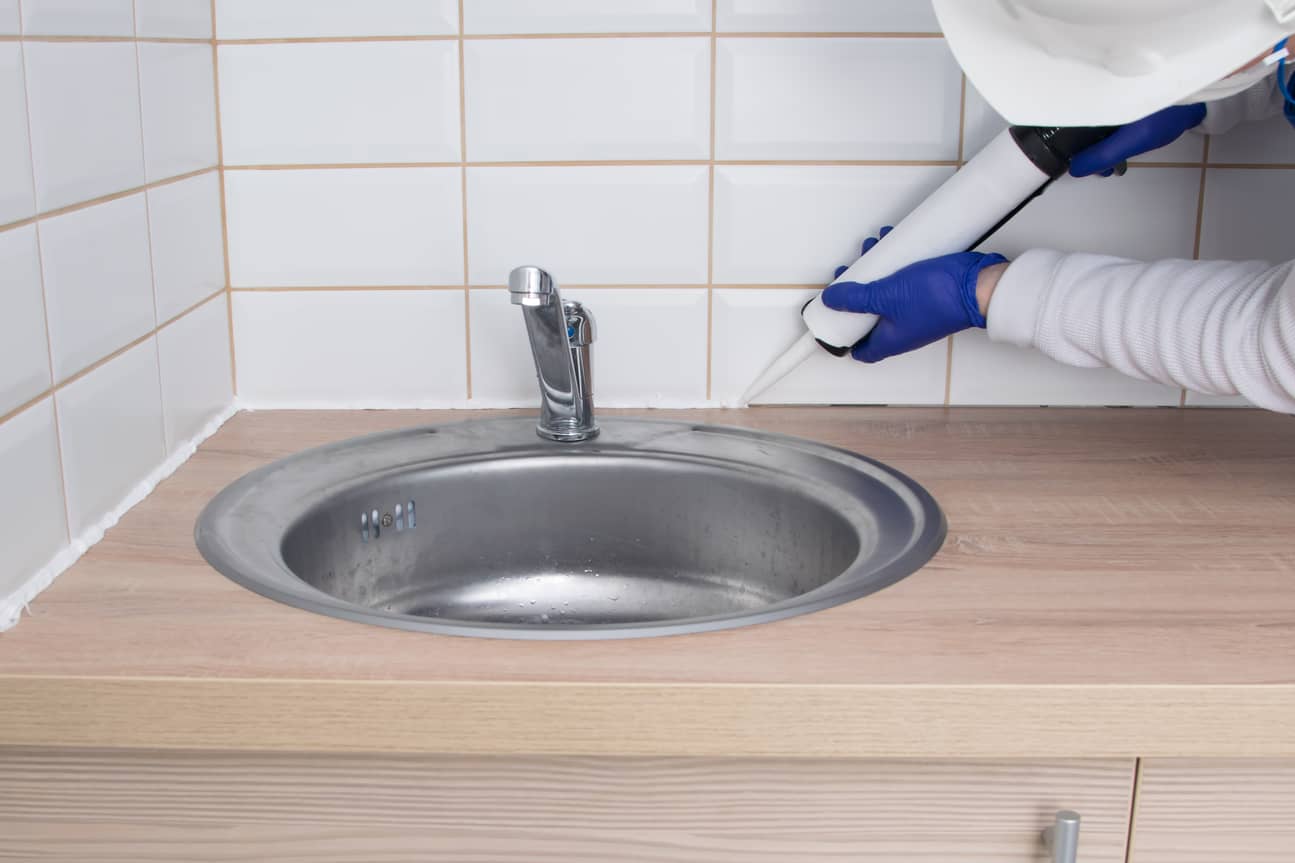
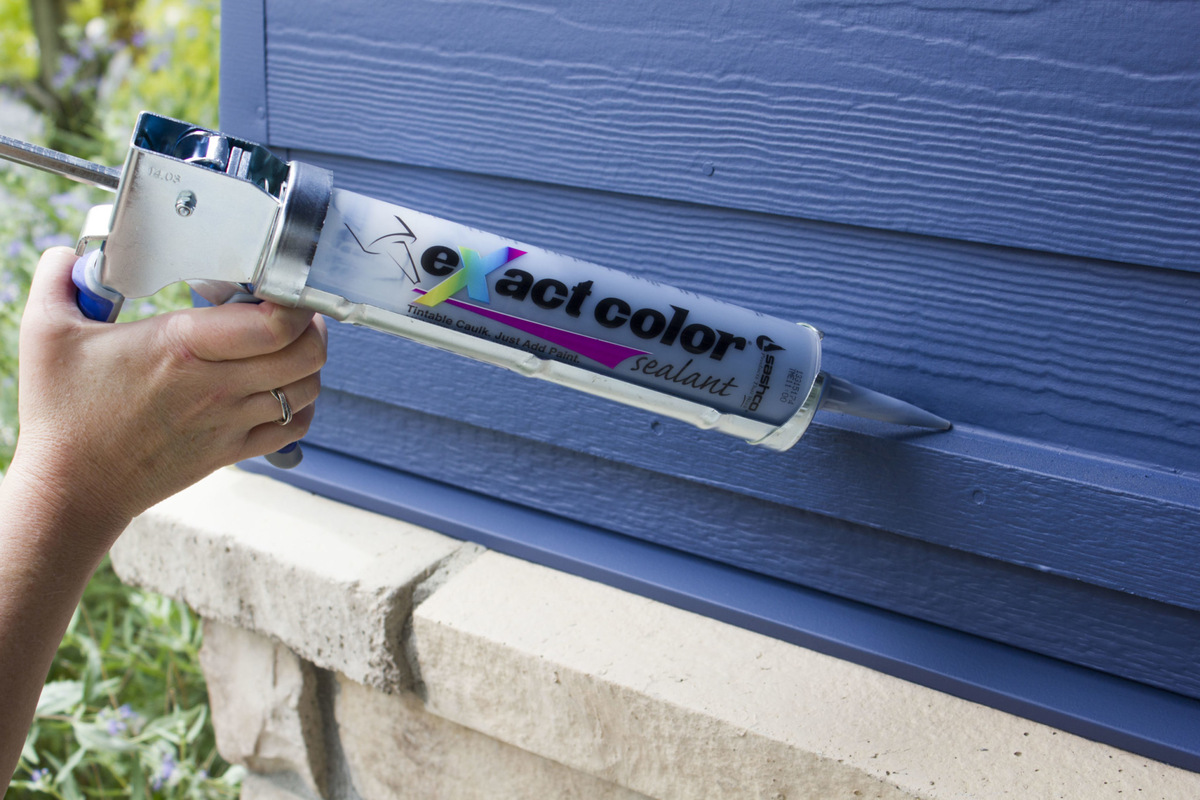
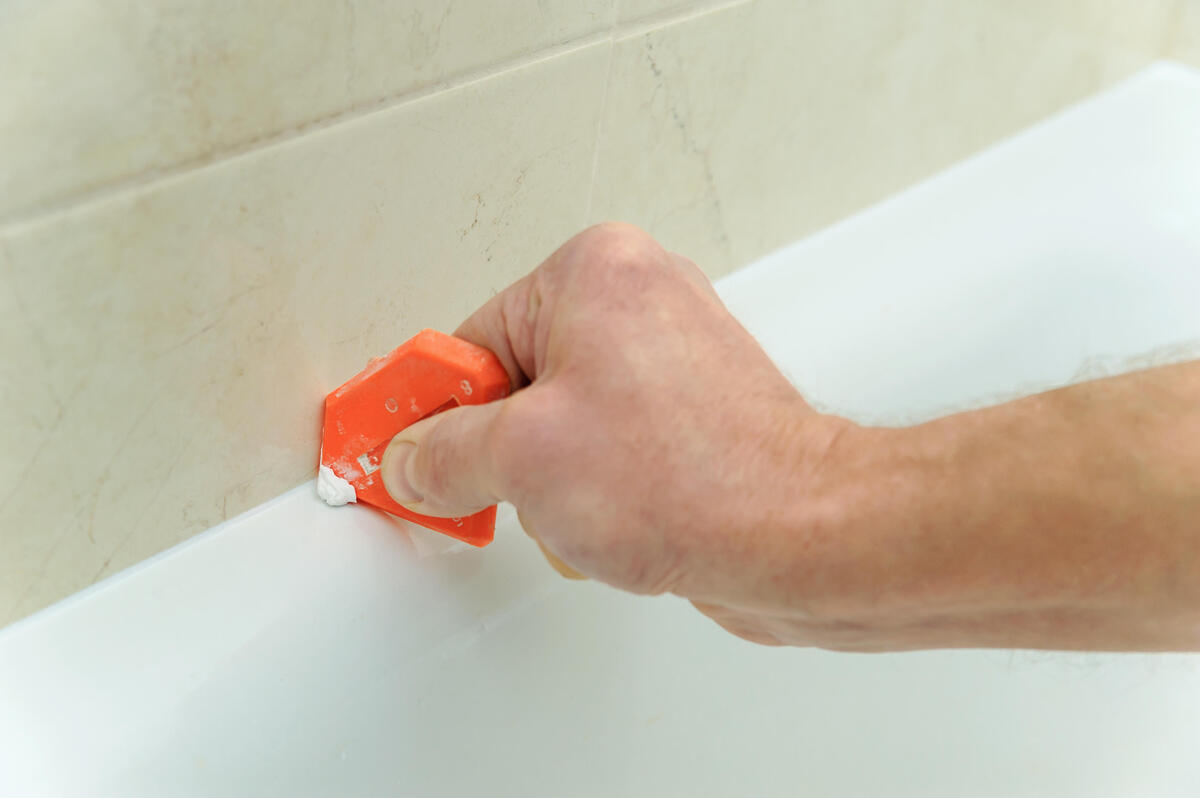
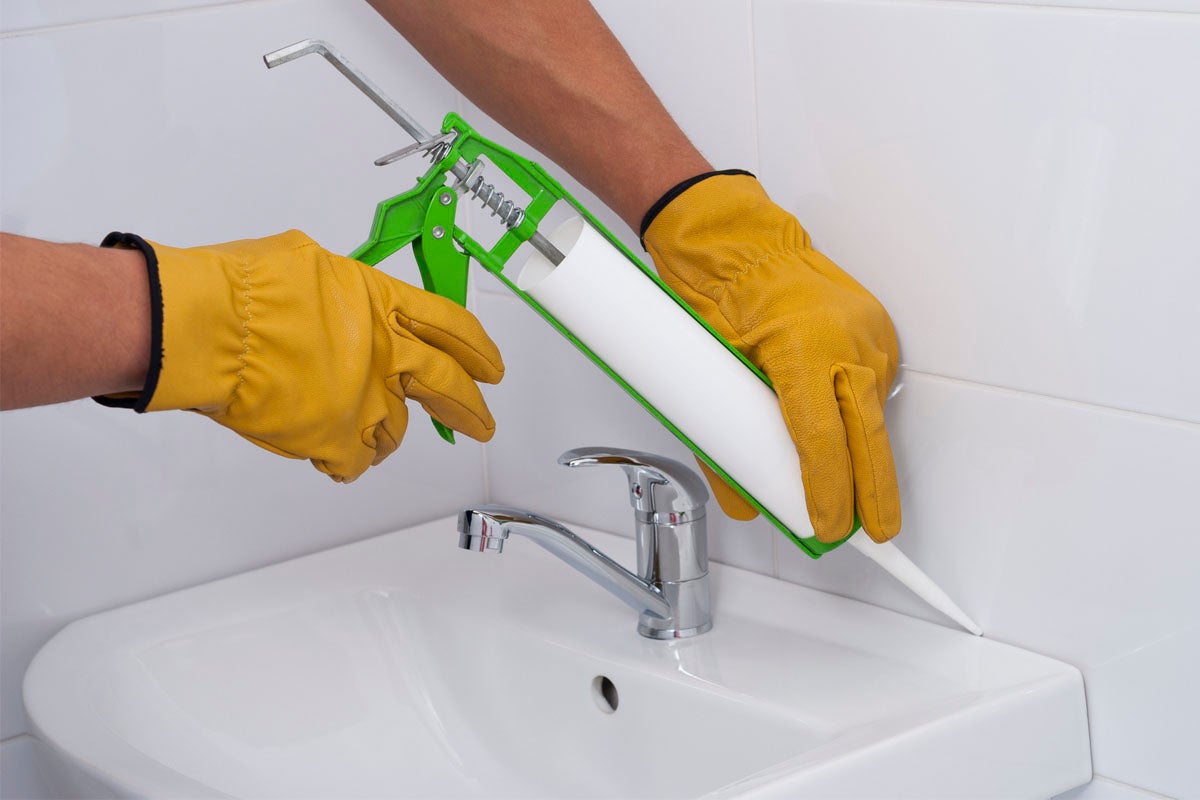
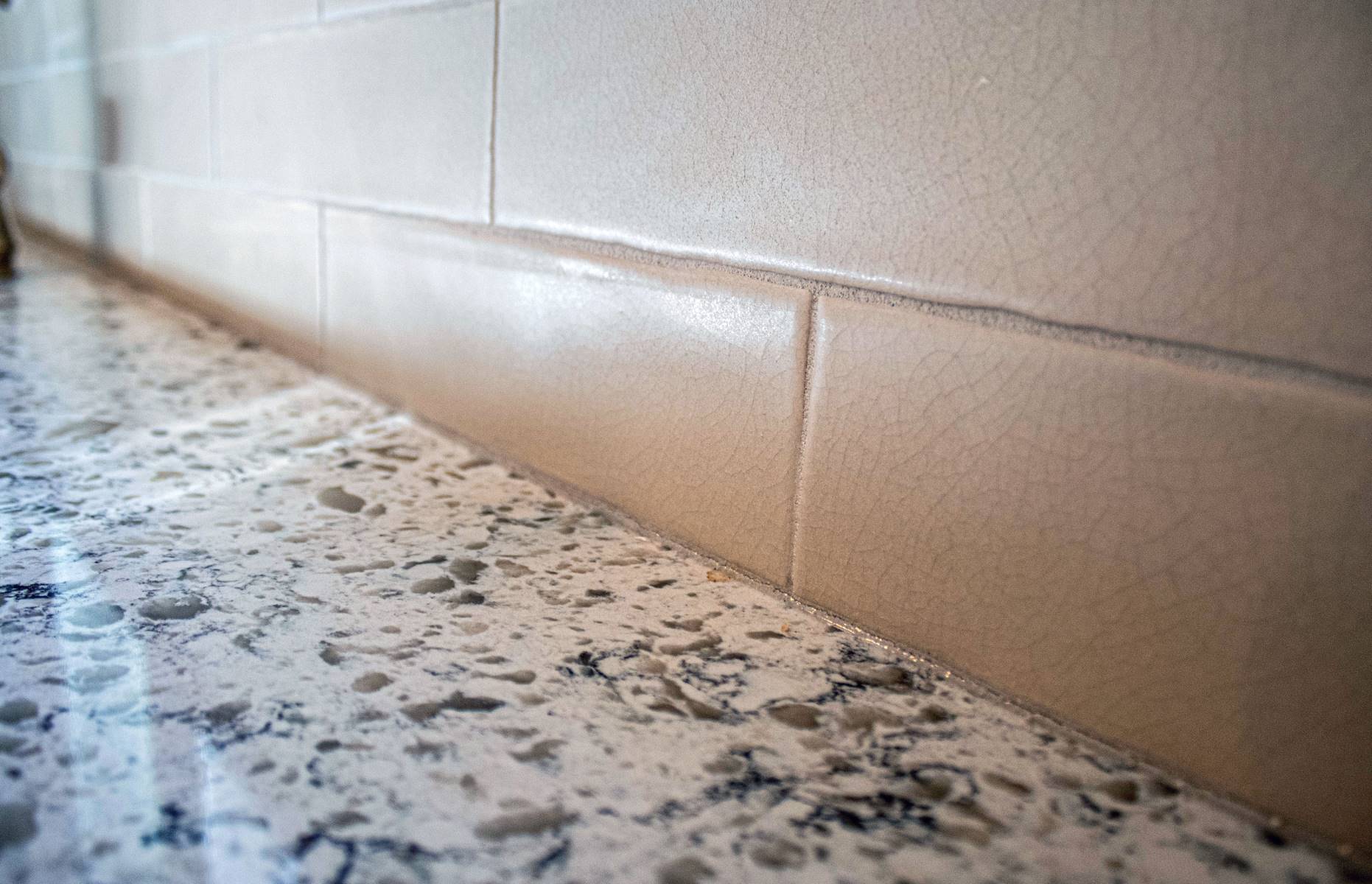
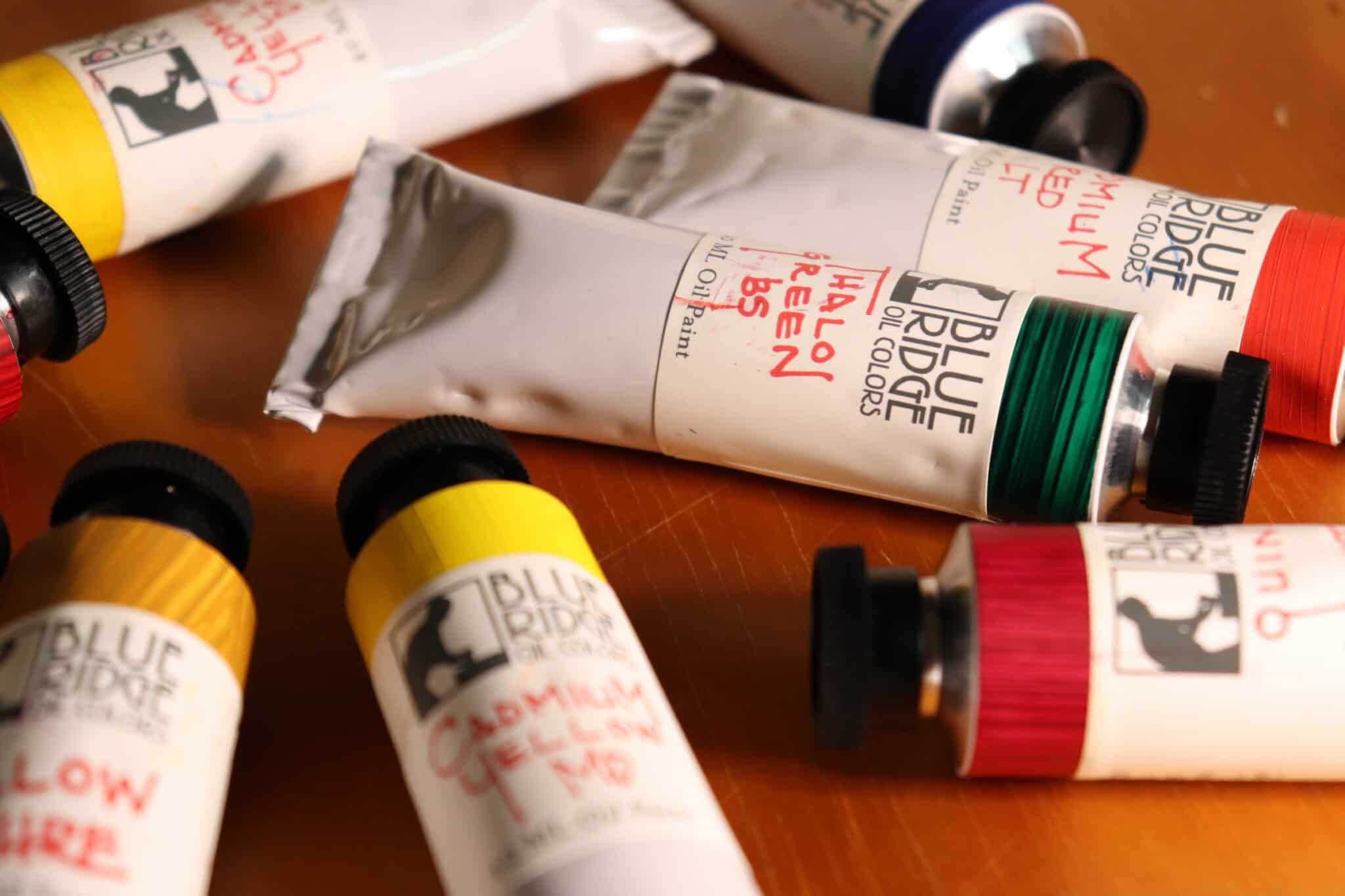
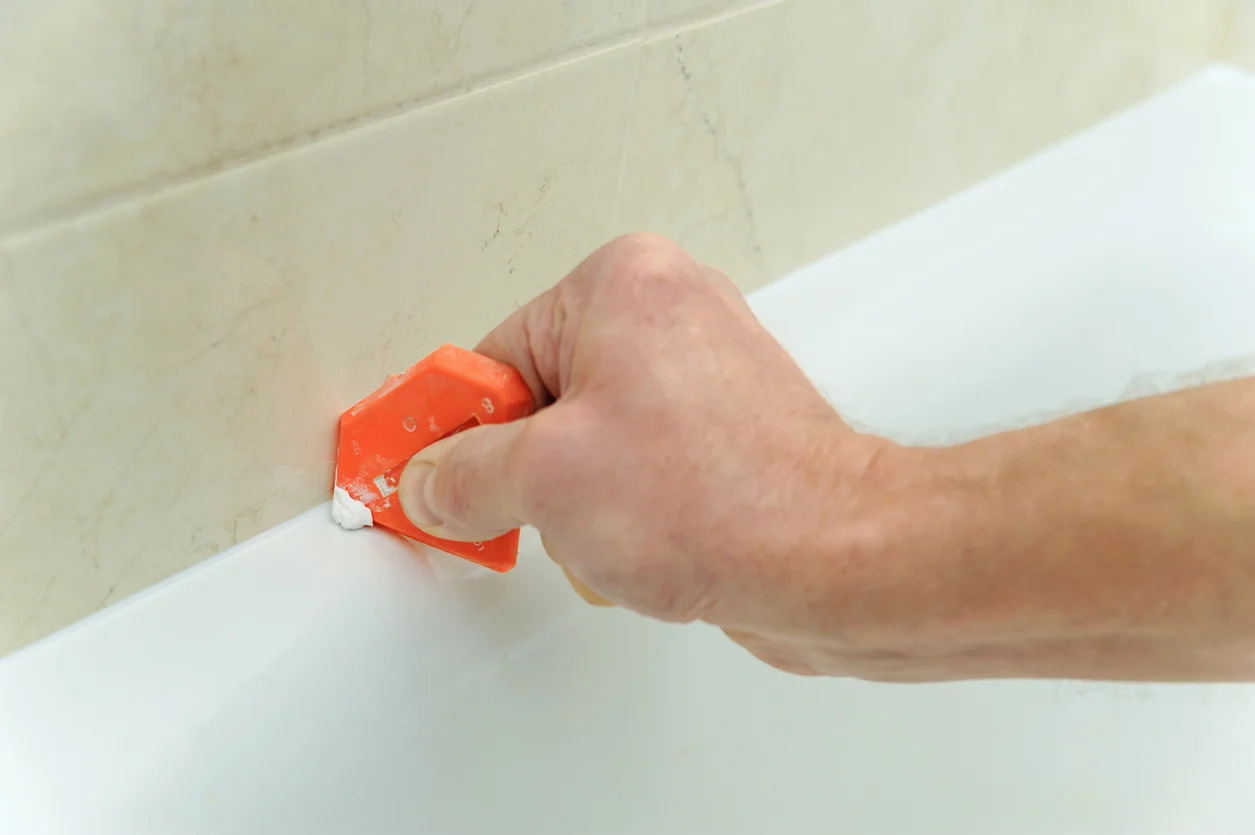
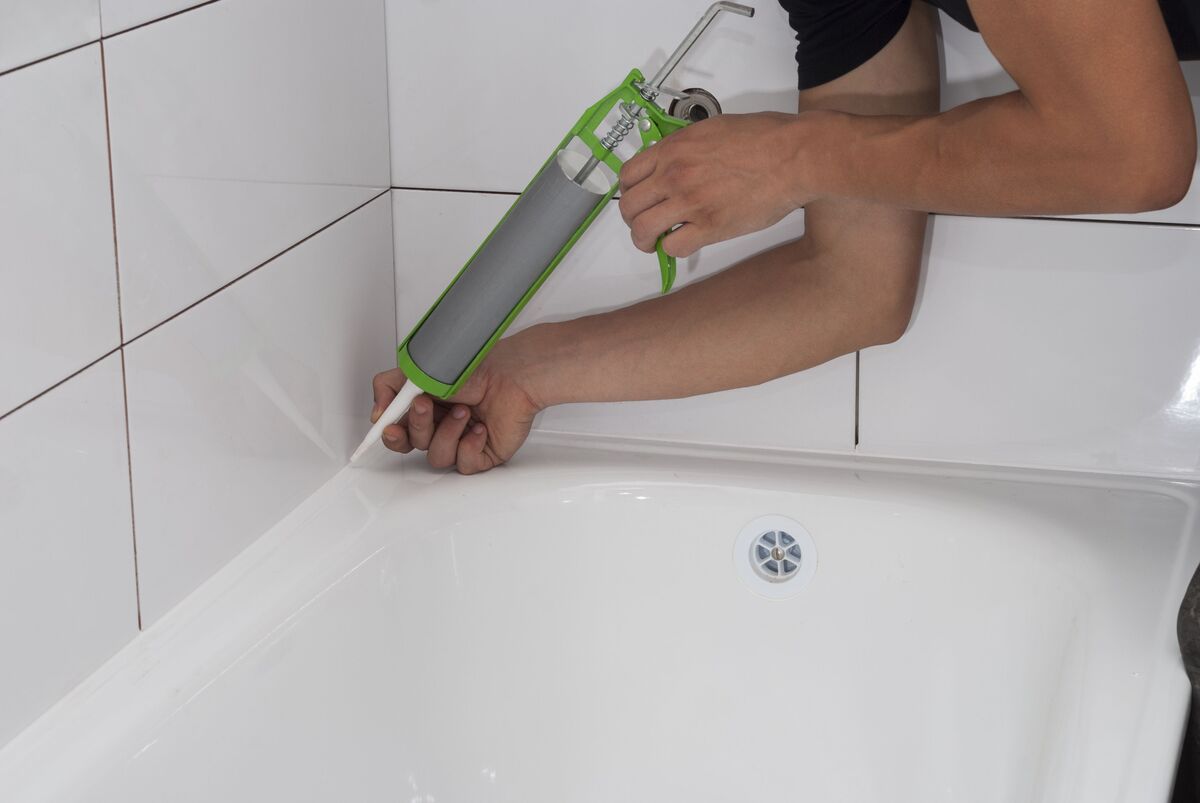
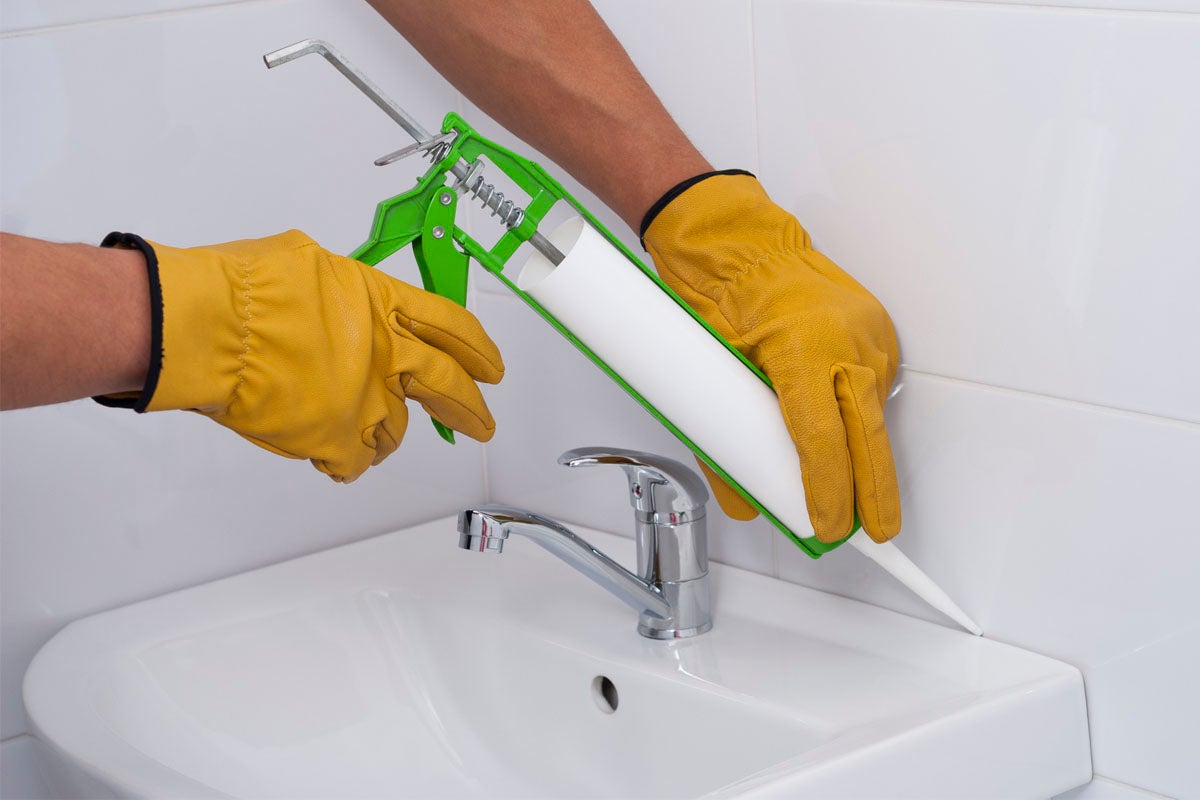
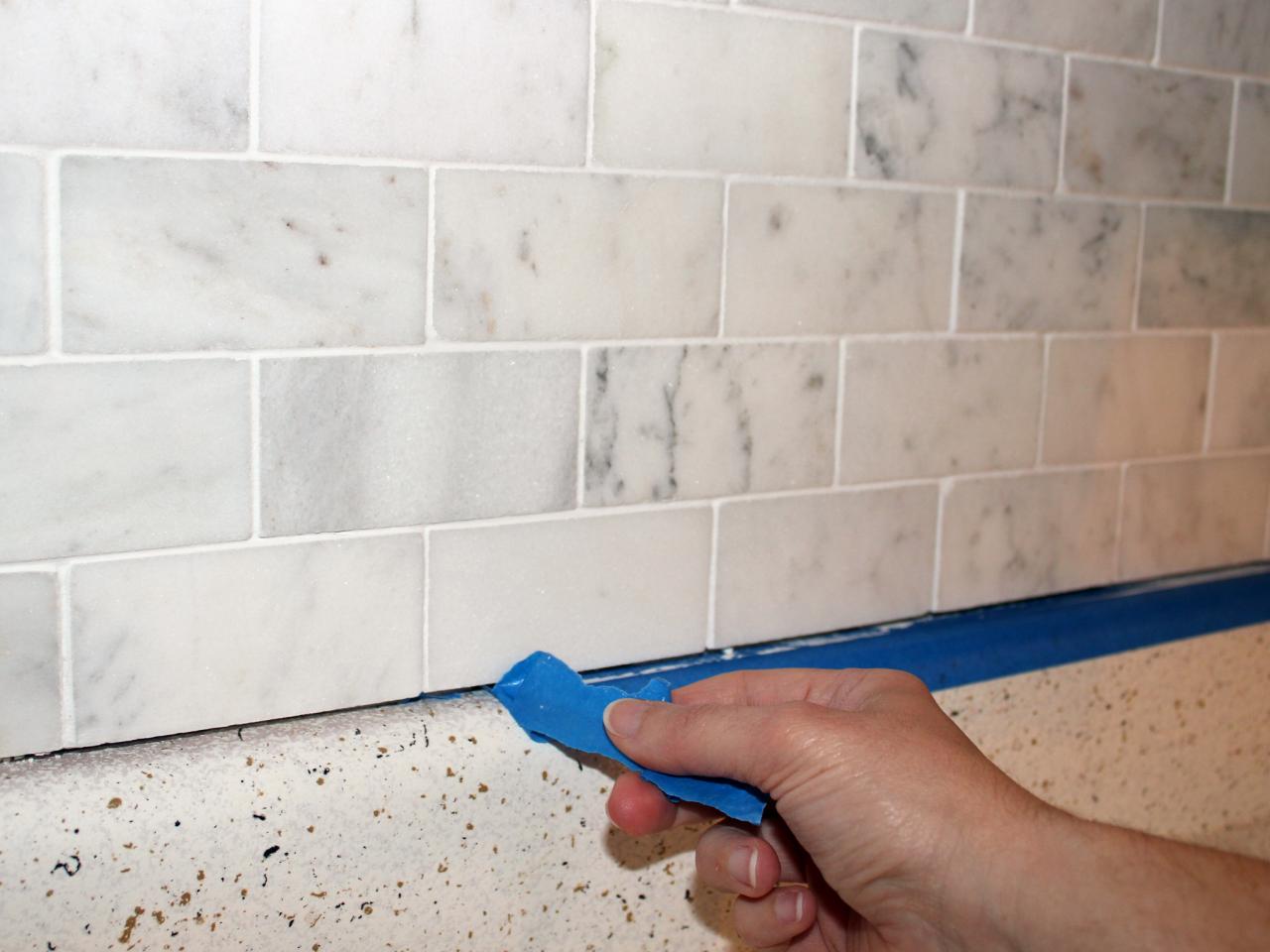
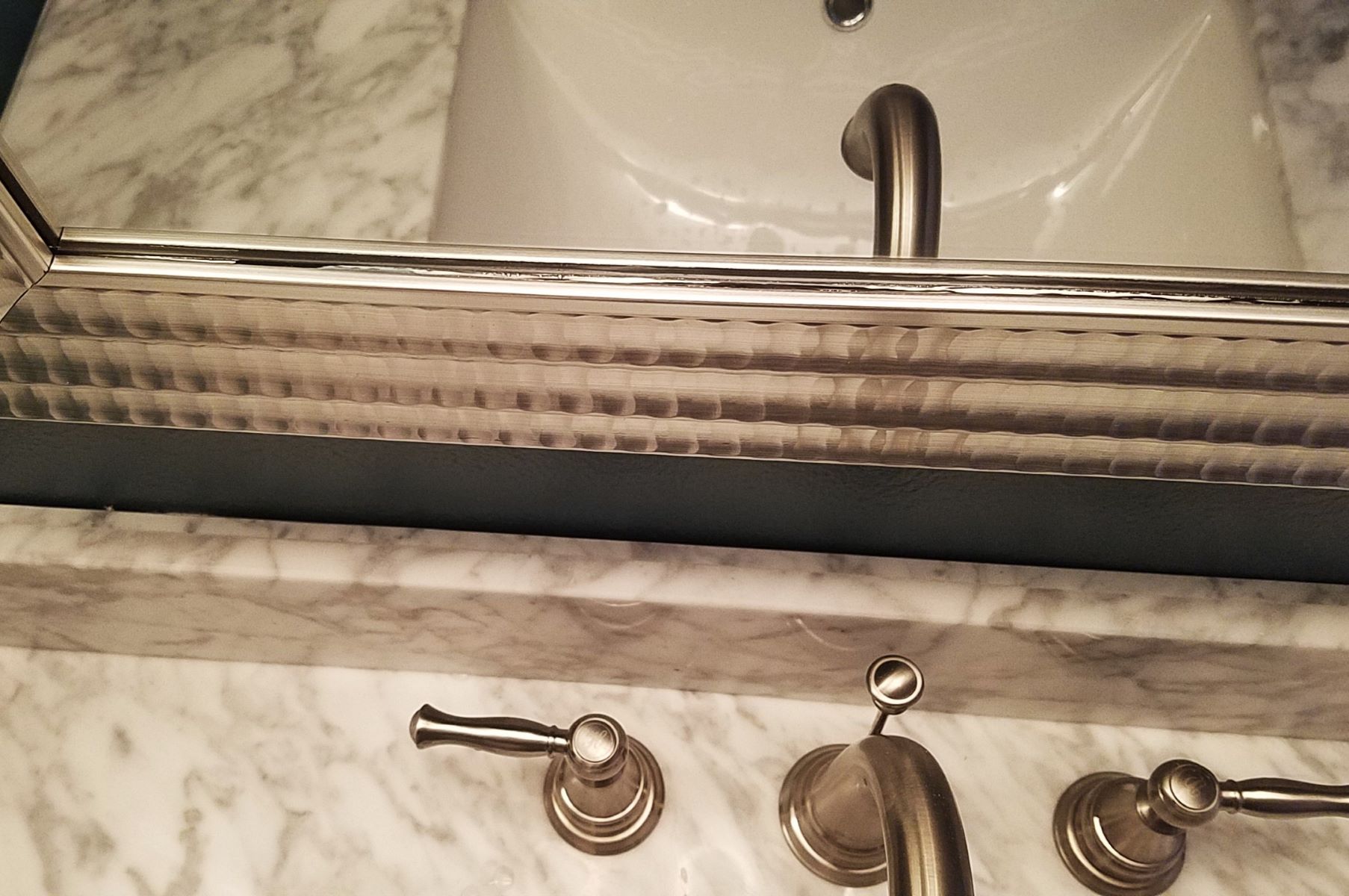

0 thoughts on “How To Store Caulking Tube”